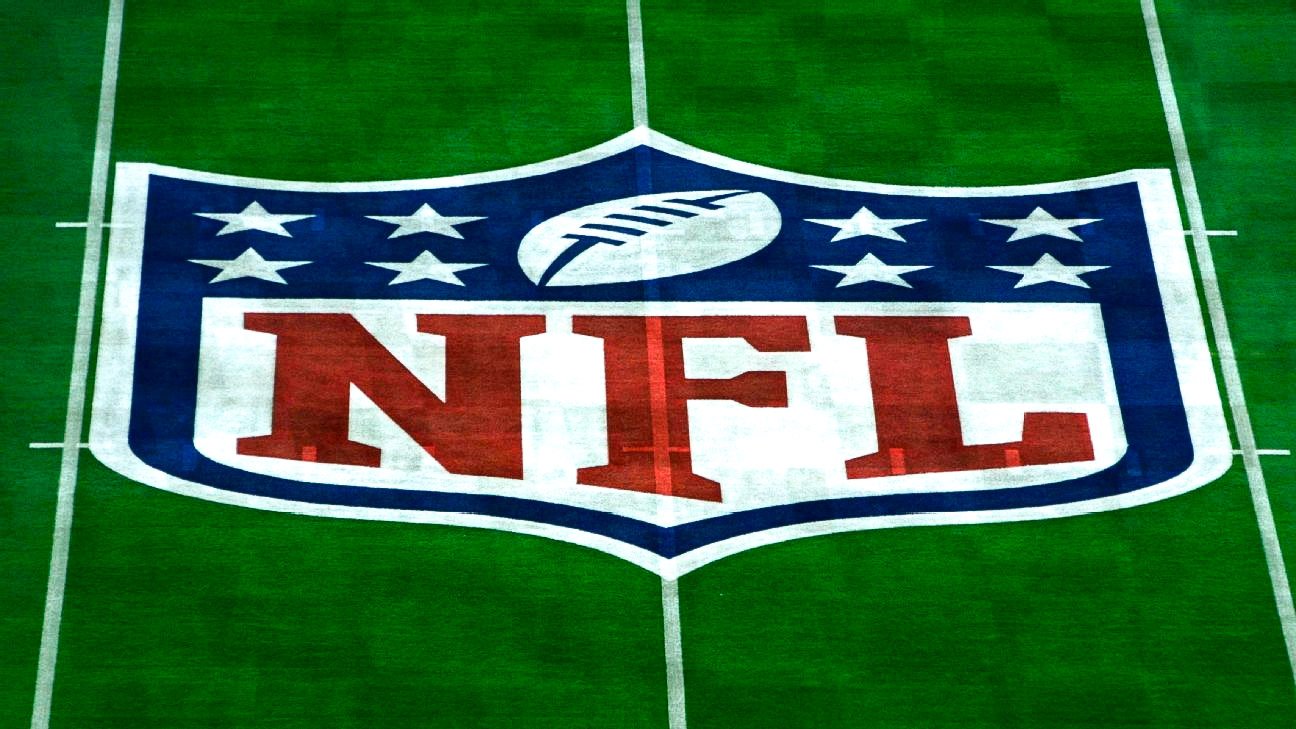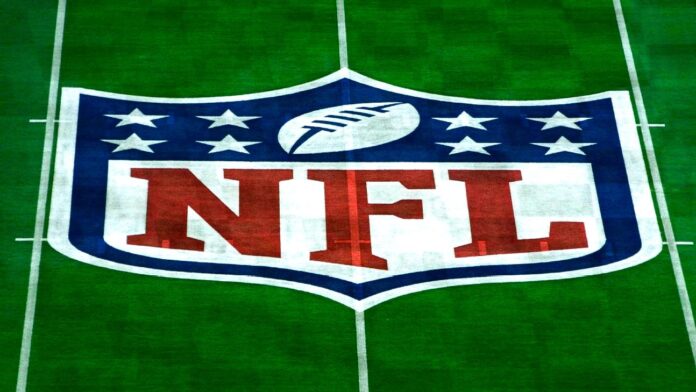
The National Football League (NFL) has released a statement outlining its gambling policy and urging federal intervention to combat the “illicit sports betting market.” The response comes in the form of a letter sent to U.S. Representative Dina Titus (D-Nev.), who had sought clarification from 12 prominent sports leagues about their gambling policies and efforts to preserve the integrity of games in today’s betting landscape.
Prompted by a surge in betting-related controversies, Titus had initiated inquiries to address concerns over game integrity. The NFL’s response emphasizes its commitment to safeguarding the sport.
Jonathan Nabavi, the league’s Vice President of Public Policy and Government Affairs, stated in the letter obtained by ESPN: “There is no higher principle at the NFL than safeguarding the integrity of the game. The increased accessibility of sports betting has made our efforts even more important.”
While legal betting markets have expanded across 34 states, the District of Columbia, and Puerto Rico since the U.S. Supreme Court’s 2018 decision to end a federal ban then in place, the NFL said it remains concerned about the prevalence of the underground betting market. The league contends that the lack of oversight with unregulated bookmakers poses a potential threat to game integrity.
“We believe that additional attention and resources are needed from lawmakers and law enforcement to address the illicit sports betting market, which still has the power of incumbency,” Nabavi wrote in the letter.
Representative Titus expressed her disappointment with the NFL’s response, noting that some of her specific queries were left unanswered. In a statement, she asserted: “It’s very disappointing that the NFL has declined to answer our questions and instead pivoted to illegal sports betting generally in their response. It makes one wonder what they are trying to hide.”
Among the questions Titus claims remain unanswered is how many ongoing investigations into potential gambling violations there are. The NFL has suspended 10 players in 2023 and a total of 12 since the Supreme Court’s repeal of the Professional and Amateur Sports Protection Act of 1992, which opened the door to legal sports betting beyond Nevada, due to violations of the league’s gambling policy.
The issue of betting controversies has also extended to collegiate sports. A recent investigation led to criminal charges against several student-athletes at Iowa State and the University of Iowa, highlighting the broader challenges associated with maintaining game integrity in the current gambling landscape.
NCAA President Charlie Baker, in a response to Titus on July 12, disclosed that there had been 175 sports betting violations since 2018 in NCAA sports. “I agree with you that in addition to the opportunities it creates, sports betting brings risk that could undermine the integrity of competition,” Baker wrote to Titus.
















